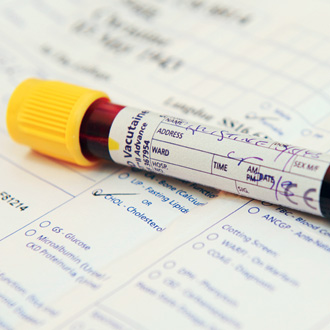New PHE campaign urges patients to see their GP about hepatitis C

GPs are expected to play a key role in a drive to identify people suffering from hepatitis C, so they can access new drug treatments.
Public Health England (PHE) and NHS England said they want to identify both diagnosed and undiagnosed sufferers and help them access new treatments that can cure the illness.
The health bodies say that tens of thousands of people who were diagnosed in the past may not yet have received up-to-date medicine.
A new report by PHE says that 24,500 people in England have received new hepatitis C treatments in the last three years. It found that 95% of people who completed treatment have been cured in the last three years.
This success rate has mainly been put down to new direct acting antiviral medication which became available on the NHS in 2015.
PHE is urging those who may have been at risk of contracting hepatitis C, to get tested at their GP, sexual health clinic or community drug service.
An guide with more information for GPs on the drive to identify and treat Hepatitis C sufferers has been published by Public Health England.
Dr Helen Harris, clinical scientist at PHE, said: ‘Hepatitis C is a serious infection and therefore we are delighted to see that at least 9 in 10 people who have completed treatment in England have now been cured.
’This is fantastic news, and a step towards eliminating hepatitis as a major public health threat by 2030, as knowing the numbers accessing treatment is vital to tackling this infection.’
Rachel Halford, chief executive of The Hepatitis C Trust, added: ’We have an extraordinary opportunity to eliminate hepatitis C in the near future if we can ensure all those living with the virus are treated with simple, curative treatments.
’We know that many people who were previously diagnosed were never treated, and might be unaware that new treatments are now available. This re-engagement exercise will help ensure everything possible is being done to find, treat, and cure those infected and move towards elimination by 2030.’
Two years ago, the UK Government committed to a joint ambition with 193 other countries to eliminate the disease as a major public health threat by 2030.
Pulse July survey
Take our July 2025 survey to potentially win £1.000 worth of tokens

Visit Pulse Reference for details on 140 symptoms, including easily searchable symptoms and categories, offering you a free platform to check symptoms and receive potential diagnoses during consultations.











